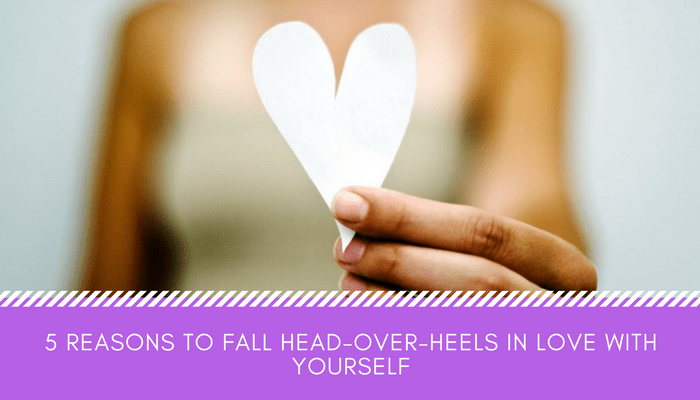Y’all, I’ve got a story to tell. It starts with me nerding over Eva from What Is My Body Doing? at the University of Guelph Sexuality Conference in 2017. The latest chapter ends with Eva releasing this pretty cool video of a recent convo.
She is the cutest! I am so incredibly happy to know Eva and to watch her come into her queerness.
Make sure to check out her other amazing videos on YouTube. If you like her stuff, support her on Patreon! Want to cruise her social? Follow her on Twitter, Instagram, and Tumblr (where you can ask her anonymous questions!).

















